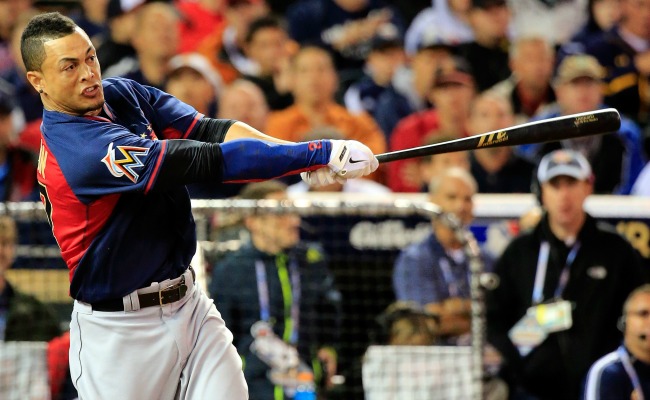
After an offseason that drew stark criticism for its slow-moving free agent market, MLB announced some major changes to its sport in 2019 and 2020, with the possibility of many more to come, in a new agreement struck with the MLB Players Association, per ESPN.
Though the current MLB collective bargaining agreement doesn’t expire until 2021, the two sides have also agreed to start having conversations as soon as possible in efforts to avoid any sort of future strike, and will touch on some of the games most “fundamental” economic issues. ESPN’s Jeff Passan brought plenty of details:
Those discussions, sources told ESPN, will center on the game’s most fundamental economic tenets — not only free agency but other macro issues with deep consequences. The bargaining over distribution of revenue could be the most difficult gap to bridge, with teams clearly paring back spending on aging players while players chafe at the notion that those 30 and older are no longer worthy of the deals they received in the past. While a compromise could be reached in distributing more money to the younger players whom the current system underpays, the complications of doing so warrant a long runway for discussions.
In the more immediate future, changes are coming to the All-Star Game, the trade deadline and how many batters a pitcher must face before he can be removed from the game. In hopes of securing more marquee names for the Home Run Derby, MLB will now offer a $1 million prize to the winner and $2.5 million in total prize money for the event, starting this season. They will also hold an “election day,” where the top three All-Star Game vote-getters will participate in a “one-day election” to determine the top overall All-Star.
A few major changes are coming to the regular season in 2020. The league will consolidate its trade deadline to a single day, July 31st, instead of letting teams negotiate into August after the non-waiver deadline, as has been customary. And in another effort to speed up pace of play, pitchers will be required at face at least three batters before being removed from the game, eliminating the practice of bringing in relievers for a single batter, or sometimes, a single pitch. Regular season rosters will also expand from 25 to 26.
It’s rare to see a mid-CBA agreement reached that is this impactful, but it shows that MLB and the MLBPA recognize at least some of the issues facing baseball and are both willing to work towards fixing them. That’s a positive sign for baseball fans and, hopefully, yields some optimism when it comes to the next CBA negotiation where many have already predicted a work stoppage is coming.






